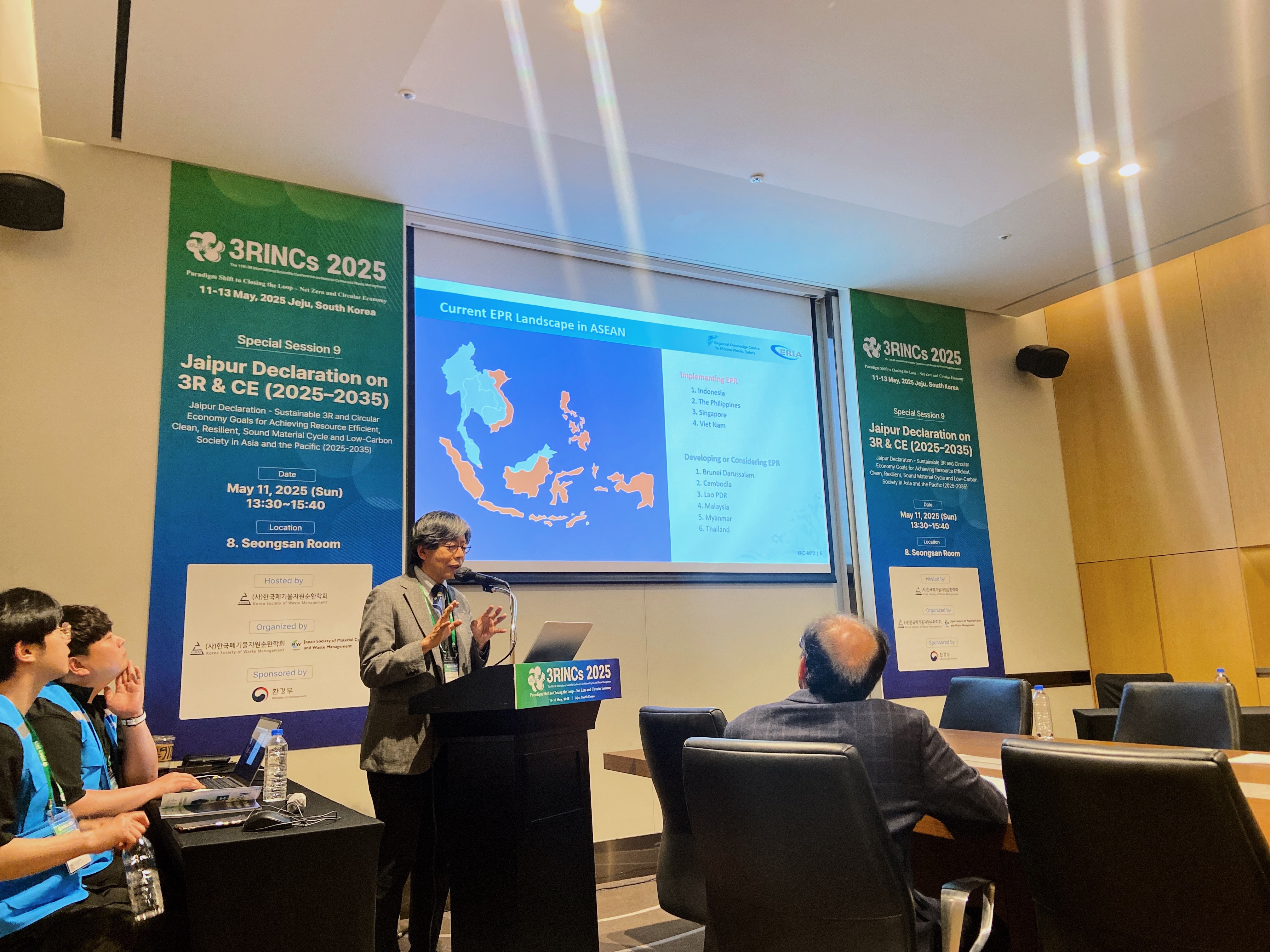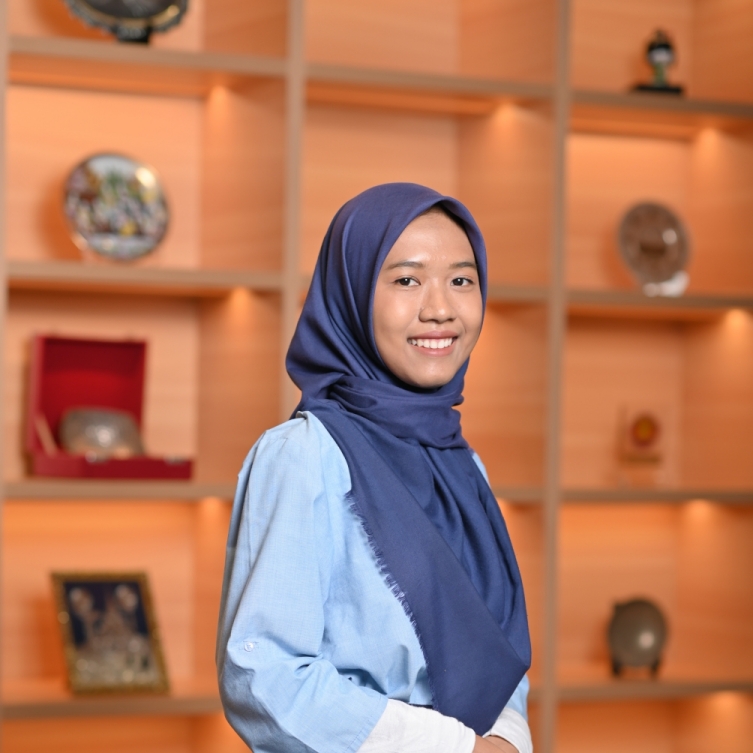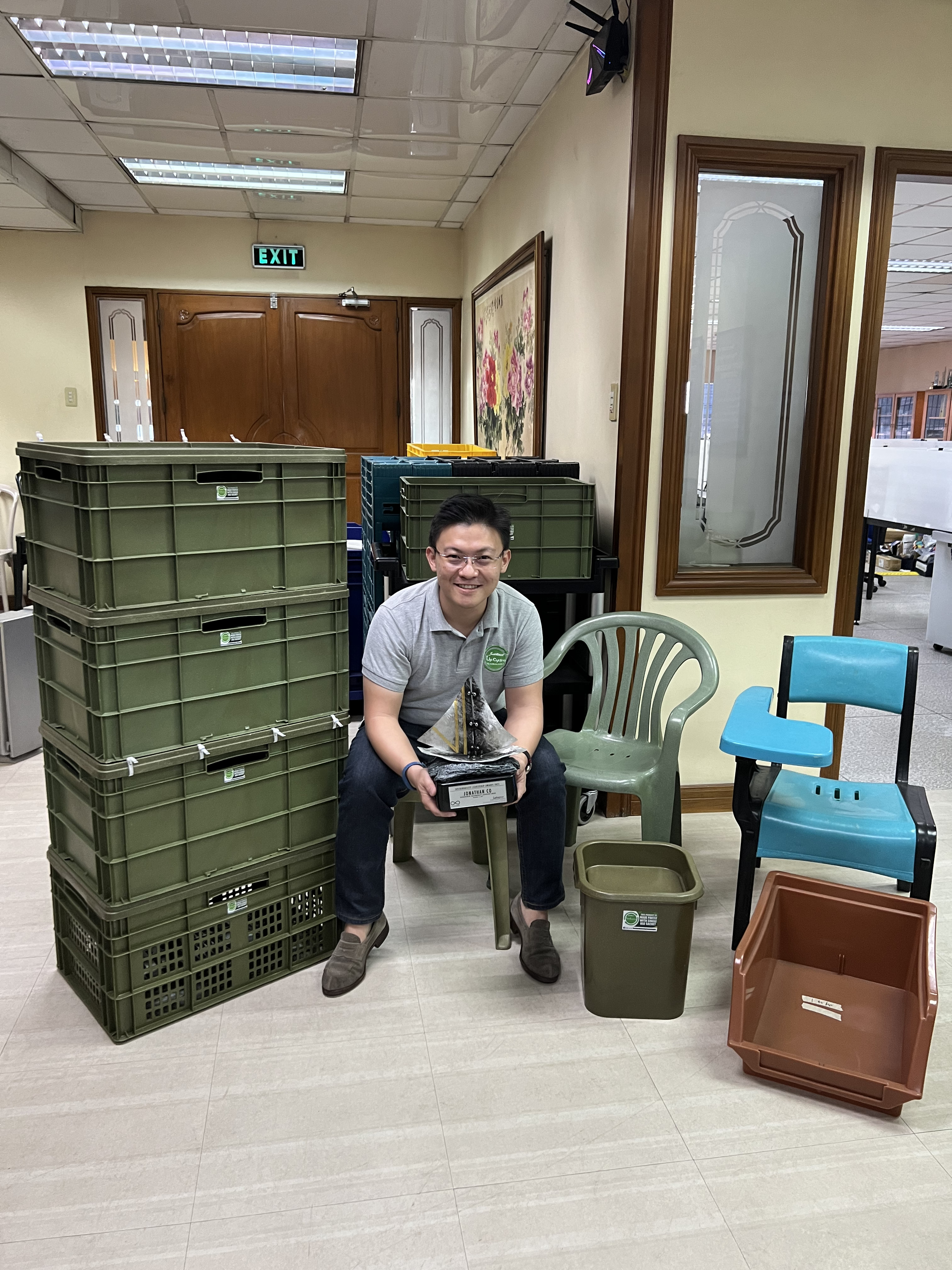

Jeju, 11–13 May 2025: In recognition of two urgent global environmental issues – climate change and plastic pollution – the 11th 3R International Scientific Conference on Material Cycles and Waste Management (3RINCs) convened researchers, practitioners, and industry experts in Jeju, the Republic of Korea, for a three-day knowledge exchange. With 35 separate sessions and more than 200 presentations, the conference provided a platform for groundbreaking scientific discussions under the theme of ‘Paradigm Shift to Closing the Loop – Net Zero and Circular Economy’.
Prof. Seok-wan Kim, President of Korea Society of Waste Management, opened the conference by highlighting the 3RINCs Conference’s integral contribution in promoting international scientific collaboration that pushes lasting environmental solutions.
‘During this conference, we will explore a diverse range of topics – waste management, innovation technologies, carbon footprint reduction, AI solutions, and electronics – to create meaningful global partnerships for a net-zero and circular future’, Prof. Kim said.
Representatives from ERIA’s Regional Knowledge Centre for Marine Plastic Debris participated in the conference, each presenting recent findings from the Centre’s ongoing research.
Mr Michikazu Kojima, Senior Research Fellow on Environmental Issues at ERIA, delivered a presentation on the progress and challenges in implementing extended producer responsibility (EPR) policies in Southeast Asian countries. He noted that amongst the ten ASEAN countries, four have established the legal foundation for EPR, especially for plastics.
‘Indonesia, the Philippines, Singapore, and Viet Nam have enacted their EPR framework, each with different obligations for producers,’ Mr Kojima said.
Indonesia, Singapore, and the Philippines, for instance, require producers to prepare and register an EPR or 3R (reduce-reuse-recycle) plan with the aim of reducing their waste and operating product waste recovery programmes. On the other hand, producers in Viet Nam can choose to fulfil their recycling responsibilities by either managing recycling operations themselves or contributing financially to the Viet Nam Environmental Protection (VEP) fund.
‘In addition, Malaysia and Thailand are preparing for their EPR systems. Malaysia has set a target to implement EPR by 2026, while Thailand aims to do so by 2027,’ Mr Kojima added.
To ensure that EPR implementation is effective, Mr Kojima pointed out that the provision of supporting regulations and infrastructure is key. He then explained that guidelines for design-for-recycling and standards for recycled products and eco-labelling could help strengthen markets for waste recycling and recycled products.
‘The existence of infrastructure that facilitates the recovery of high-value waste also determines the success of EPR systems. In the Philippines, for example, the existence of material recovery facilities I believe has helped driven the recovery rates of packaging waste under the EPR system,’ he said.
Also read: EPR Regulatory Frameworks in ASEAN countries
In a separate session, Mr Kojima highlighted ERIA’s work on end-of-life vehicles (ELVs), on behalf of the lead researcher Mr Fusanori Iwasaki, Research Fellow at ERIA. ELVs are a growing concern in ASEAN, fuelled by the region’s rapid economic growth that has led to a surge in vehicle sales. This study examined factors supporting the formalisation of the currently informal vehicle-dismantling sector, which poses environmental and safety risks through improper handling of chlorofluorocarbons (CFCs) and waste oil.
‘We looked into the practices of ELV dismantling in four ASEAN countries – Malaysia, the Philippines, Viet Nam, and Thailand – and found that efforts for formalisation relies on the sufficient supply of ELVs,’ Mr Kojima stated.
Businesses across the four countries use various strategies to secure a steady supply of ELVs. In Malaysia, authorised facilities gain access to ELVs through insurance companies. In the Philippines, one recycler partners with a taxi company, while both formal and informal ELV recyclers in Thailand rely on the auction system to acquire vehicles.
Mr Kojima also noted that the need for new dismantling technology for next-generation vehicles (such as hybrids and battery electric vehicles) is a stronger driver for formalising dismantling businesses than the overall increase in car ownership.
Also read: ERIA Showcases New Research on Plastic Waste Policies at 3R Conference
Jeju, 11–13 May 2025: In recognition of two urgent global environmental issues – climate change and plastic pollution – the 11th 3R International Scientific Conference on Material Cycles and Waste Management (3RINCs) convened researchers, practitioners, and industry experts in Jeju, the Republic of Korea, for a three-day knowledge exchange. With 35 separate sessions and more than 200 presentations, the conference provided a platform for groundbreaking scientific discussions under the theme of ‘Paradigm Shift to Closing the Loop – Net Zero and Circular Economy’.
Prof. Seok-wan Kim, President of Korea Society of Waste Management, opened the conference by highlighting the 3RINCs Conference’s integral contribution in promoting international scientific collaboration that pushes lasting environmental solutions.
‘During this conference, we will explore a diverse range of topics – waste management, innovation technologies, carbon footprint reduction, AI solutions, and electronics – to create meaningful global partnerships for a net-zero and circular future’, Prof. Kim said.
Representatives from ERIA’s Regional Knowledge Centre for Marine Plastic Debris participated in the conference, each presenting recent findings from the Centre’s ongoing research.
Mr Michikazu Kojima, Senior Research Fellow on Environmental Issues at ERIA, delivered a presentation on the progress and challenges in implementing extended producer responsibility (EPR) policies in Southeast Asian countries. He noted that amongst the ten ASEAN countries, four have established the legal foundation for EPR, especially for plastics.
‘Indonesia, the Philippines, Singapore, and Viet Nam have enacted their EPR framework, each with different obligations for producers,’ Mr Kojima said.
Indonesia, Singapore, and the Philippines, for instance, require producers to prepare and register an EPR or 3R (reduce-reuse-recycle) plan with the aim of reducing their waste and operating product waste recovery programmes. On the other hand, producers in Viet Nam can choose to fulfil their recycling responsibilities by either managing recycling operations themselves or contributing financially to the Viet Nam Environmental Protection (VEP) fund.
‘In addition, Malaysia and Thailand are preparing for their EPR systems. Malaysia has set a target to implement EPR by 2026, while Thailand aims to do so by 2027,’ Mr Kojima added.
To ensure that EPR implementation is effective, Mr Kojima pointed out that the provision of supporting regulations and infrastructure is key. He then explained that guidelines for design-for-recycling and standards for recycled products and eco-labelling could help strengthen markets for waste recycling and recycled products.
‘The existence of infrastructure that facilitates the recovery of high-value waste also determines the success of EPR systems. In the Philippines, for example, the existence of material recovery facilities I believe has helped driven the recovery rates of packaging waste under the EPR system,’ he said.
Also read: EPR Regulatory Frameworks in ASEAN countries
In a separate session, Mr Kojima highlighted ERIA’s work on end-of-life vehicles (ELVs), on behalf of the lead researcher Mr Fusanori Iwasaki, Research Fellow at ERIA. ELVs are a growing concern in ASEAN, fuelled by the region’s rapid economic growth that has led to a surge in vehicle sales. This study examined factors supporting the formalisation of the currently informal vehicle-dismantling sector, which poses environmental and safety risks through improper handling of chlorofluorocarbons (CFCs) and waste oil.
‘We looked into the practices of ELV dismantling in four ASEAN countries – Malaysia, the Philippines, Viet Nam, and Thailand – and found that efforts for formalisation relies on the sufficient supply of ELVs,’ Mr Kojima stated.
Businesses across the four countries use various strategies to secure a steady supply of ELVs. In Malaysia, authorised facilities gain access to ELVs through insurance companies. In the Philippines, one recycler partners with a taxi company, while both formal and informal ELV recyclers in Thailand rely on the auction system to acquire vehicles.
Mr Kojima also noted that the need for new dismantling technology for next-generation vehicles (such as hybrids and battery electric vehicles) is a stronger driver for formalising dismantling businesses than the overall increase in car ownership.
Also read: ERIA Showcases New Research on Plastic Waste Policies at 3R Conference

Research Associate


